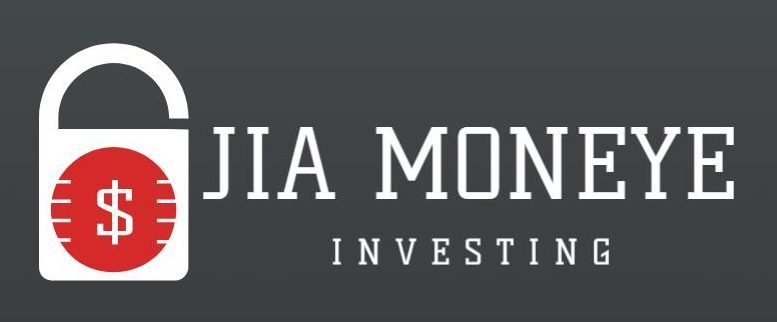
Real Estate and the Economy: Understanding the Connection
The relationship between real estate and the economy is intricate and significant. Real estate isn’t just a sector within the economy; it’s a powerful force that influences and reflects economic health. This connection is evident in various aspects, from job creation to consumer spending, and from urban development to fiscal policy.
At its most fundamental level, the real estate market often acts as a barometer for the overall economy. A thriving real estate market typically indicates a strong economy. It signals that consumers have the confidence and financial stability to invest in property, which is often one of the largest investments an individual will make. Conversely, a sluggish real estate market can be a harbinger of economic downturn, reflecting issues such as high unemployment, low consumer confidence, or restrictive lending practices.
One of the most direct impacts of real estate on the economy is through construction activity. Building new homes, offices, and commercial spaces is a labor-intensive process that creates jobs and spurs growth in related industries, such as manufacturing, retail, and services. The construction sector’s health can significantly influence the broader economy’s vitality, with high levels of construction activity often signaling robust economic growth.
Real estate also plays a critical role in consumer wealth and spending. For many individuals and families, a home is their most significant asset. As home values increase, homeowners experience a rise in equity, leading to increased consumer confidence and spending. This phenomenon, known as the wealth effect, can stimulate various economic sectors, as homeowners feel more financially secure and are more likely to spend money on goods, services, and investments. On the flip side, a decline in home values can lead to a decrease in consumer spending, impacting the broader economy negatively.
The impact of real estate extends to the financial sector as well. Banks and financial institutions are heavily involved in the real estate market through mortgage lending. When the real estate market is strong, financial institutions typically see an increase in mortgage-related activities, boosting their profitability. However, a downturn in the real estate market can lead to increased loan defaults and foreclosures, impacting the financial health of these institutions and, by extension, the broader financial system.
Moreover, real estate is closely tied to governmental policies. Tax policies, interest rates, and regulatory frameworks all play significant roles in shaping the real estate market. For instance, low interest rates typically make mortgages more affordable, stimulating the real estate market and, consequently, the economy. Governments often adjust these policies to stabilize or stimulate the economy, reflecting the interconnectedness of real estate and economic health.
Lastly, real estate impacts urban and regional development, which in turn influences economic patterns. The development of new residential areas, commercial complexes, and infrastructure can transform local economies, attracting businesses, creating jobs, and improving living standards. Conversely, the neglect of certain areas can lead to economic decline, impacting the broader region.
In conclusion, the connection between real estate and the economy is multifaceted and profound. Real estate not only reflects the state of the economy but also actively shapes it. Its influence spans job creation, consumer spending, financial markets, government policy, and urban development. Understanding this connection is crucial for policymakers, investors, and anyone interested in the economic health of a region or country. Real estate is more than just property; it’s a key driver of economic activity and prosperity.


